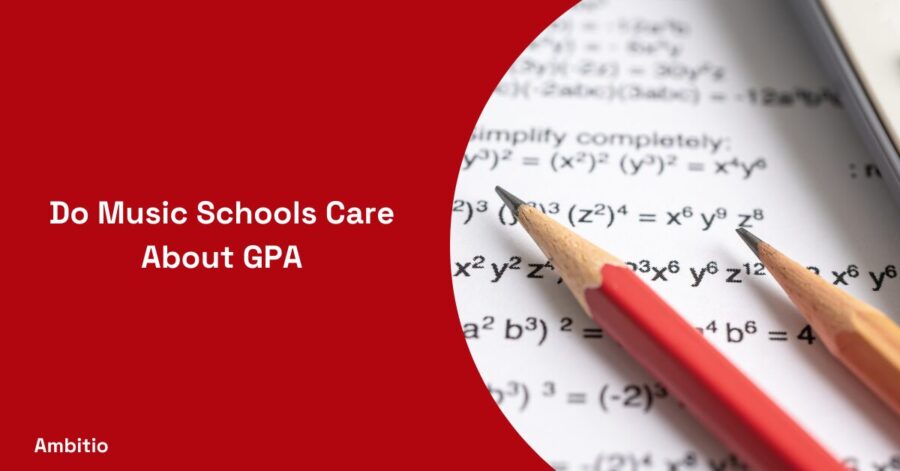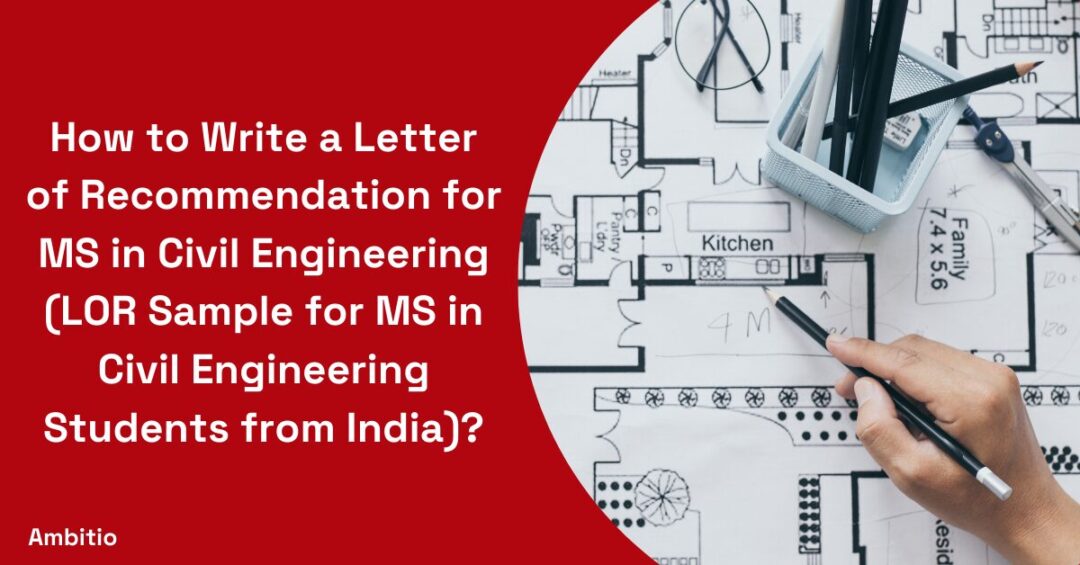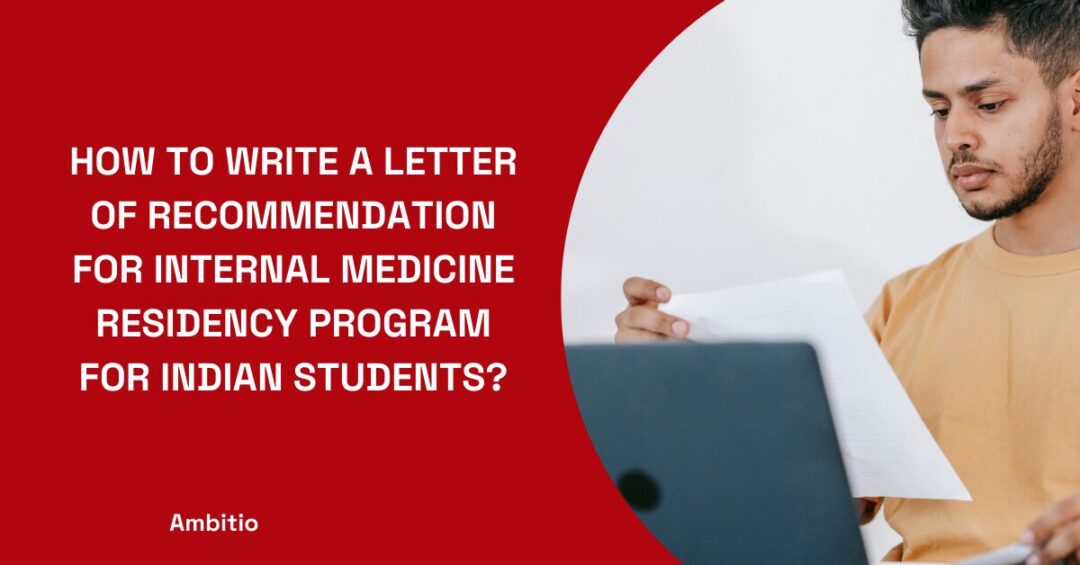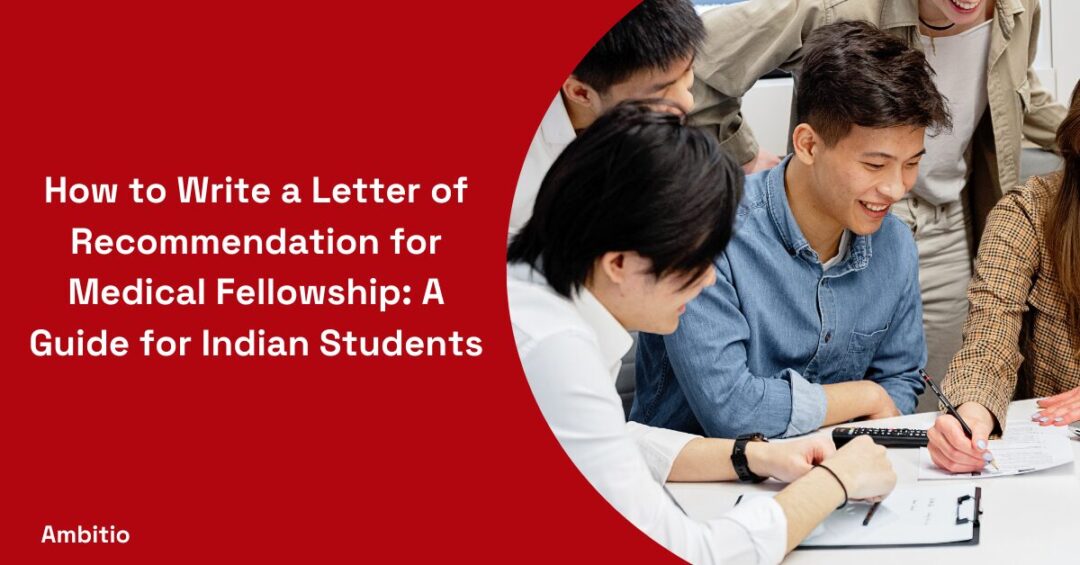11 December 2024
5 minutes read
Understanding the Role of GPA in Music School Admissions: A Detailed Exploration

Introduction: The Interplay of GPA and Talent in Music School Admissions
When it comes to music school admissions, the question of how much GPA matters is a topic of considerable debate. This comprehensive guide aims to unravel the complexities of GPA’s role in music school applications, juxtaposing it against the critical importance of auditions and overall musical talent.
Decoding the Importance of GPA in Music School Applications
Understanding GPA’s Role in the Admissions Process
The Varied Landscape of Music School Admissions
In the realm of music education, the significance of a student’s GPA can vary greatly depending on the institution. For example, conservatories dedicated solely to music might prioritize talent and performance ability over academic metrics.
In contrast, music schools attached to larger universities, such as Northwestern or the University of Michigan, often require a more holistic approach, considering both academic prowess and musical talent.
Navigating Through Different Admission Standards
Music schools often have diverse admission criteria, and understanding these can be crucial for prospective students. Websites like Music School Central and forums like College Confidential provide insights into the specific requirements of various institutions.
These resources can be invaluable for students aiming to balance their academic achievements with their musical aspirations.
The Interplay Between Academic and Musical Excellence
Striking the Right Balance for Success
While a high GPA is undoubtedly beneficial, music schools also place a considerable emphasis on auditions and musicality. This means that students with a lower GPA still have a chance to shine through their performance skills.
The key lies in understanding how to present a well-rounded application that highlights both academic and musical strengths.
Case Studies of Successful Admissions
Looking at successful case studies, one can see a pattern where students with varying GPAs have gained admission to top music schools by showcasing exceptional musical talent and potential.
These stories highlight the importance of preparing a compelling audition piece and having a strong musical background.
GPA Trends in Top Music Schools: An Analytical Overview
Analyzing GPA Benchmarks at Prestigious Schools
Data from top music schools show a range of GPA requirements, with some schools setting higher benchmarks than others. For example, schools like Juilliard might place less emphasis on GPA, focusing more on auditions, whereas universities with attached music schools might have stricter GPA criteria.
Understanding the Expectations of Different Institutions
Each music school has its unique set of expectations regarding GPA. It’s crucial for applicants to research and understand these nuances. This understanding helps in tailoring applications to meet the specific demands of each school, thereby increasing the chances of admission.
Navigating the Complexities of Auditions and Academic Requirements
Auditions: The Heart of Music School Admissions
Preparing for the Pivotal Audition
The audition is often the most critical part of a music school application. Aspiring music majors need to invest considerable time and effort into preparing for this. Selecting the right piece, understanding the school’s audition requirements, and showcasing unique musical abilities are all crucial steps in this process.
Tips from Experts on Acing Music School Auditions
Performing well in music school auditions is crucial for aspiring music students. Here are expert tips to help you excel in this critical aspect of your application:
- Choose the Right Repertoire:
- Select pieces that showcase your strengths and musicianship.
- Ensure your chosen repertoire aligns with the requirements and expectations of the auditioning school.
- Prepare Thoroughly:
- Start preparing your pieces well in advance to ensure mastery and confidence.
- Focus on technical proficiency as well as emotional expression and musicality.
- Understand the Audition Process:
- Research the specific audition format of each school (e.g., live, recorded, types of pieces required).
- Familiarize yourself with the audition room setup if possible, including acoustics and layout.
- Seek Feedback:
- Perform your audition pieces in front of teachers, mentors, or peers to get constructive feedback.
- Use this feedback to refine your performance and address any weaknesses.
- Simulate Audition Conditions:
- Practice performing your pieces in conditions similar to the audition setting (e.g., unfamiliar rooms, in front of an audience).
- This helps in managing performance anxiety and adapting to different environments.
- Focus on Musicality and Expression:
- Beyond technical skill, convey the emotion and story of the piece.
- Judges often look for a personal connection to the music, not just technical expertise.
- Manage Performance Anxiety:
- Develop strategies to cope with nerves, such as deep breathing, visualization, or light physical exercises.
- Remember that some level of nervousness can actually enhance your performance.
- Dress Appropriately:
- Wear comfortable yet professional attire that aligns with the audition’s formality.
- Avoid overly flashy clothes that might distract from your performance.
- Arrive Early and Prepared:
- Arrive with plenty of time to spare, allowing for unforeseen delays and time to warm up.
- Bring all necessary items, such as your instrument, music sheets, and any other required materials.
- Showcase Your Unique Personality:
- Let your individuality shine through in your performance.
- Music schools are looking for artists with their own unique voices and styles.
- Follow Up:
- After the audition, it’s courteous to thank the panel and follow up with any necessary correspondence.
- This shows professionalism and a genuine interest in the program.
By following these tips, aspiring music students can enhance their chances of success in music school auditions, showcasing not just their talent but also their dedication and unique musical perspective.
The Dual Importance of Academic Performance and Musical Talent
Achieving a Balance Between Academics and Music
For students applying to music schools, maintaining a balance between academic performance and musical development is key. This means not only working towards a respectable GPA but also dedicating ample time to hone musical skills.
Strategies for Maintaining Academic and Musical Excellence
Balancing academic responsibilities with musical development is a key challenge for aspiring music school students. Here are some effective strategies to help maintain excellence in both areas:
- Effective Time Management:
- Create a structured schedule that allocates specific time blocks for study, practice, and relaxation.
- Use digital tools like calendar apps to plan your day-to-day activities, ensuring a balanced focus on both academics and music.
- Setting Realistic Goals:
- Set achievable academic and musical goals for each term or semester.
- Regularly assess your progress and adjust your goals accordingly to stay on track.
- Prioritizing Tasks:
- Determine which tasks require immediate attention and which can be scheduled for a later time.
- Balance high-priority academic deadlines with crucial music practice sessions, especially before auditions or performances.
- Seeking Academic Support:
- Utilize school resources like tutoring services, study groups, or academic advisors for challenging subjects.
- Don’t hesitate to ask for help or clarification in areas where you’re struggling academically.
- Dedicated Music Practice:
- Allocate daily time for focused music practice, even during busy academic periods.
- Practice efficiently by setting specific objectives for each session, such as mastering a particular piece or technique.
- Quality Over Quantity:
- Focus on the quality of your practice and study sessions rather than the duration.
- Engage in active learning and practicing techniques, like spaced repetition and deliberate practice.
- Maintaining Physical and Mental Health:
- Ensure adequate rest and maintain a healthy lifestyle to support both academic learning and musical performance.
- Practice mindfulness or relaxation techniques to manage stress and anxiety.
- Leveraging Summer and Break Times:
- Use holidays and breaks to intensify music practice without the pressure of academic work.
- Consider attending music workshops, camps, or private lessons during these periods.
- Networking and Mentorship:
- Connect with peers and mentors who can provide guidance and support in both academic and musical pursuits.
- Engage in communities or forums where you can share experiences and learn from others facing similar challenges.
- Integrating Music and Academics:
- Whenever possible, look for ways to integrate your musical interests into your academic projects or research.
- Choose academic subjects or projects that complement and enrich your understanding of music.
By following these strategies, students can effectively manage the demands of their academic coursework while continuing to develop and excel in their musical endeavors.
Conclusion: Crafting a Holistic Approach to Music School Admissions
In conclusion, while GPA plays a significant role in music school admissions, it is not the sole determinant of success. A combination of strong auditions, musical talent, and academic achievements forms the cornerstone of a successful application.
Prospective students should aim to present a well-rounded profile that reflects their passion for music as well as their academic capabilities.
FAQs
Q1: How important is GPA for getting into a music school?
GPA importance varies by school. While some schools emphasize auditions, others consider both GPA and musical ability. Researching specific school requirements is essential.
Q2: Can a strong audition compensate for a lower GPA?
Yes, in many cases, a strong audition can offset a lower GPA, especially in performance-focused music schools.
Q3: Should I focus more on academics or music preparation?
Balance is key. Focus on both academic performance and music preparation to present a well-rounded application.
Q4: How can I improve my audition skills?
Practice regularly, choose pieces that showcase your strengths, and seek feedback from music teachers or professionals. Participating in mock auditions can also be beneficial.

You can study at top universities worldwide!
Get expert tips and tricks to get into top universities with a free expert session.
Book Your Free 30-Minute Session Now! Book a call now




























